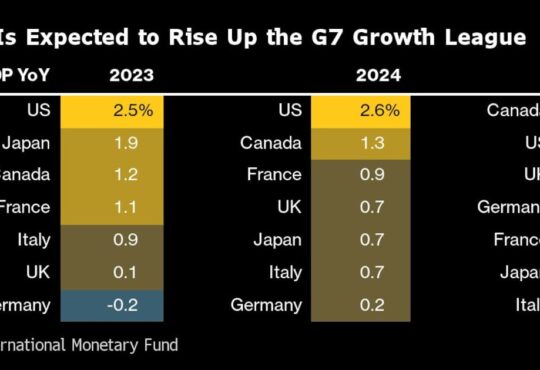
The EU is in the process of setting up defence structures and institutions – long obstructed by Britain when it was a member – that critics argue will undermine Nato, while making it harder for UK companies to compete.
“The risk here is that we’re tied into a broader EU defence project, where the UK is once again subject to Brussels regulations but, this time, does not have a seat at the table in making them,” warns Dr Radomir Tylecote, managing director of the Legatum Institute in London.
“Those regulations will ultimately be designed to benefit other countries and their companies, so any drift in that direction should set alarm bells ringing.”
“This will ultimately come down to negotiation, so the Government must stand up for British interests.”
The EU’s defence ambitions became a flashpoint during the 2016 Brexit referendum when Leave campaigners accused Brussels of drawing up plans for an “EU army” in secret.
Since Britain’s exit, however, the bloc’s push towards the “harmonisation” of European military power has been overt, with a series of new structures set up to pool research and development spending, improve interoperability and better coordinate member state capabilities.
Two key pillars of this have included setting up a European Defence Fund (EDF) for research spending and the Permanent Structured Cooperation (Pesco) mechanism, which aims to better integrate European forces.
These will ostensibly help European countries work together as they re-arm for an age of geopolitical instability.
And while Britain had long opposed these kinds of initiatives, the previous Conservative government more recently relented, amid concerns about Russia’s attack on Ukraine and fears that UK companies risk being shut out of procurement.
Some British executives see the benefit in getting access to schemes such as the EDF, even though it only commands a modest budget of €8bn (£6.7bn) currently.
Yet they also worry that the EU’s defence structures are a thinly-disguised bout of protectionism, intended to block US companies from winning military contracts on the Continent.
While member states such as Germany and Poland have been perfectly happy to order the US-made Patriot system and Israel’s Arrow 3 for their new Sky Shield missile defence scheme, for example, France has repeatedly banged the drum for European alternatives such as the SAMP-T system made by continental champions MBDA and Thales.






